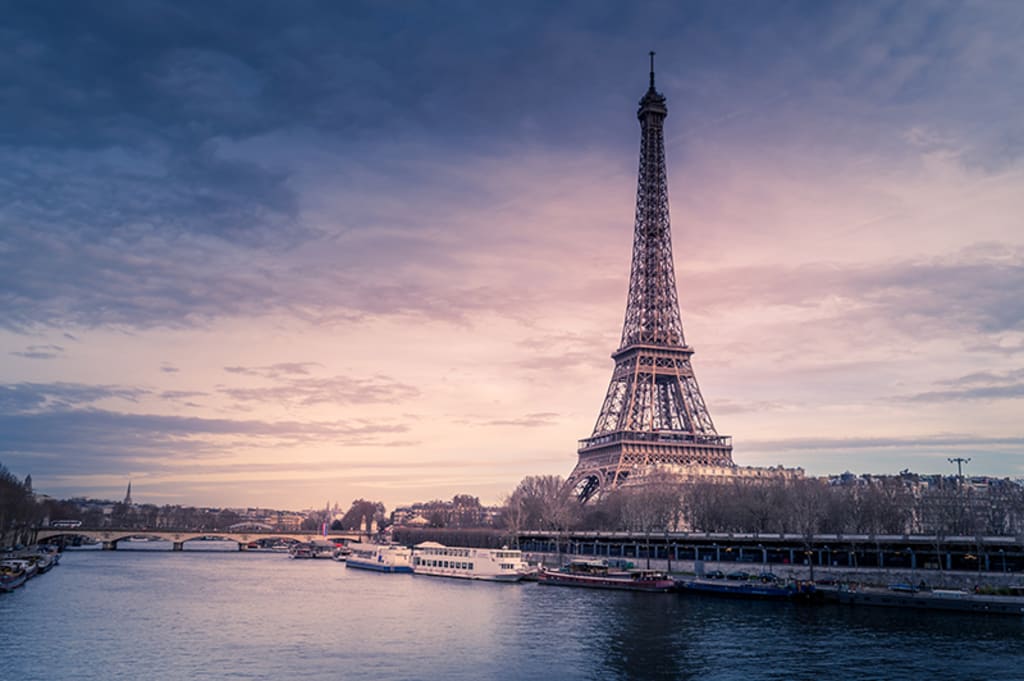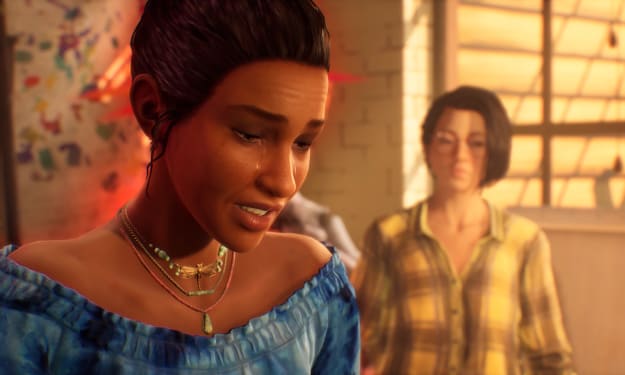Fading Love, Rising Fury:
France's Battle with Riots and Divisions

France, known for its romantic ambiance, picturesque landscapes, and rich cultural heritage, is facing a challenging period as riots and demonstrations have rocked its major cities. The nation that once symbolized love and unity is now grappling with social unrest and a deeply divided society. The streets that were once filled with passionate kisses and the aroma of freshly baked baguettes are now clouded with tear gas and the cries of protesters. It is a tragic transformation that demands attention and understanding.
For months, France has witnessed an outpouring of frustration, anger, and discontent from its citizens. The unrest stems from a complex web of socioeconomic issues, political dissatisfaction, and growing inequality that has plagued the nation for years. It is a confluence of factors that has slowly eroded the sense of solidarity and unity that the French people once prided themselves on.
One of the major catalysts for the riots and demonstrations is the rising economic inequality in the country. Despite its reputation as a beacon of equality, France is struggling to bridge the gap between the haves and the have-nots. The wealth disparity has deepened, with a significant portion of the population feeling left behind and neglected by the system. High unemployment rates, particularly among the youth, limited opportunities for social mobility, and a perceived lack of government support have fueled resentment and discontent.
Another key factor is the political disillusionment that has gripped the nation. Many French citizens believe that their leaders are out of touch with the realities of their daily lives. They feel that their voices are not being heard and that their concerns are being dismissed. This sense of disconnection has given rise to a deep-seated frustration, which has found an outlet in street protests and acts of civil disobedience.
In recent years, France has also faced challenges related to immigration and cultural integration. These issues have sparked intense debates and, in some cases, xenophobic sentiments. The perception that some communities are not fully integrated into French society has fueled tensions and contributed to a sense of division and discord.
However, it is important to note that not all demonstrations have been marred by violence. Many protesters have taken to the streets peacefully, seeking to raise awareness and effect change through peaceful means. These individuals are driven by a genuine desire to see a fairer, more inclusive France, and their efforts should not be overshadowed by the acts of a few.
To address the current state of unrest, France needs a multifaceted approach that tackles the root causes of the problems. The government must prioritize economic reforms that promote job creation, reduce inequality, and provide equal opportunities for all. It must also engage in meaningful dialogue with its citizens, taking their concerns into account and working towards restoring faith in the political system.
In addition, efforts should be made to foster social cohesion and promote cultural integration. France's diverse population should be celebrated and given equal opportunities to contribute to the country's growth and prosperity. By embracing its multicultural identity and nurturing a sense of belonging, France can move towards a more harmonious future.
The transformation of France from the City of Love to a city of riots is a wake-up call for the nation and the world. It is a stark reminder that even the most stable and prosperous societies can be vulnerable to social upheaval if the underlying issues are not addressed. France now stands at a critical crossroads, and it is crucial for its leaders and citizens to come together to find common ground, restore unity, and rebuild the foundations of a society that once epitomized love, liberty, and equality.
In the face of these challenges, it is essential for France to remember its historical legacy and the values it has long championed. The French Revolution, a pivotal moment in the nation's history, serves as a powerful reminder of the strength that can emerge from unity and the pursuit of a more just society. France has a rich tradition of activism and protest, which has played a crucial role in shaping its modern democracy. It is time to draw upon that spirit once again.
To move forward, France needs a comprehensive strategy that combines social, economic, and political reforms. Investing in education and job training programs can help empower disadvantaged communities and provide them with the tools they need to succeed. This will not only address the issue of economic inequality but also foster a sense of hope and opportunity among the youth.
Additionally, the government should prioritize initiatives that encourage dialogue and bridge the gap between citizens and their elected representatives. Open forums, town hall meetings, and citizen advisory committees can provide platforms for constructive discussions and ensure that diverse perspectives are heard and considered.
At the same time, it is crucial for all segments of society to reject violence and embrace peaceful means of protest. While strong emotions may fuel frustration, channeling them into nonviolent actions will help maintain the moral high ground and ensure that the message of change is not lost in the chaos.
Moreover, the media has a crucial role to play in shaping public opinion and fostering understanding. Balanced and unbiased reporting is essential to accurately represent the concerns of different groups and promote dialogue rather than further division. Journalists must uphold their responsibility to report objectively and provide a platform for diverse voices to be heard.
Ultimately, the transformation of France from a city of riots to a city of love requires collective effort, empathy, and understanding. It necessitates a commitment from all stakeholders, including the government, citizens, and civil society organizations, to work together in pursuit of a fairer and more inclusive society.
France's challenges can also serve as a lesson to the rest of the world. The issues it faces—economic inequality, political disillusionment, and cultural integration—are not unique to the nation. They are global concerns that require a comprehensive and compassionate response. By studying and learning from France's experience, other countries can better navigate their own social and political landscapes.
In conclusion, France's transformation from the City of Love to a city of riots is a call to action. It is a call for France to reclaim its reputation as a beacon of liberty, equality, and fraternity. It is a call for unity, dialogue, and meaningful reforms. By addressing the underlying issues, fostering social cohesion, and embracing diversity, France can rise above its current challenges and once again become a symbol of love, unity, and resilience.
About the Creator
Frank Odhiambo
Frank Odhiambo is a seasoned and passionate writer renowned for his compelling and thought-provoking pieces. Global award winner for "Voice of reason" He has established himself as a prominent voice in the world of authors and writers.






Comments
There are no comments for this story
Be the first to respond and start the conversation.